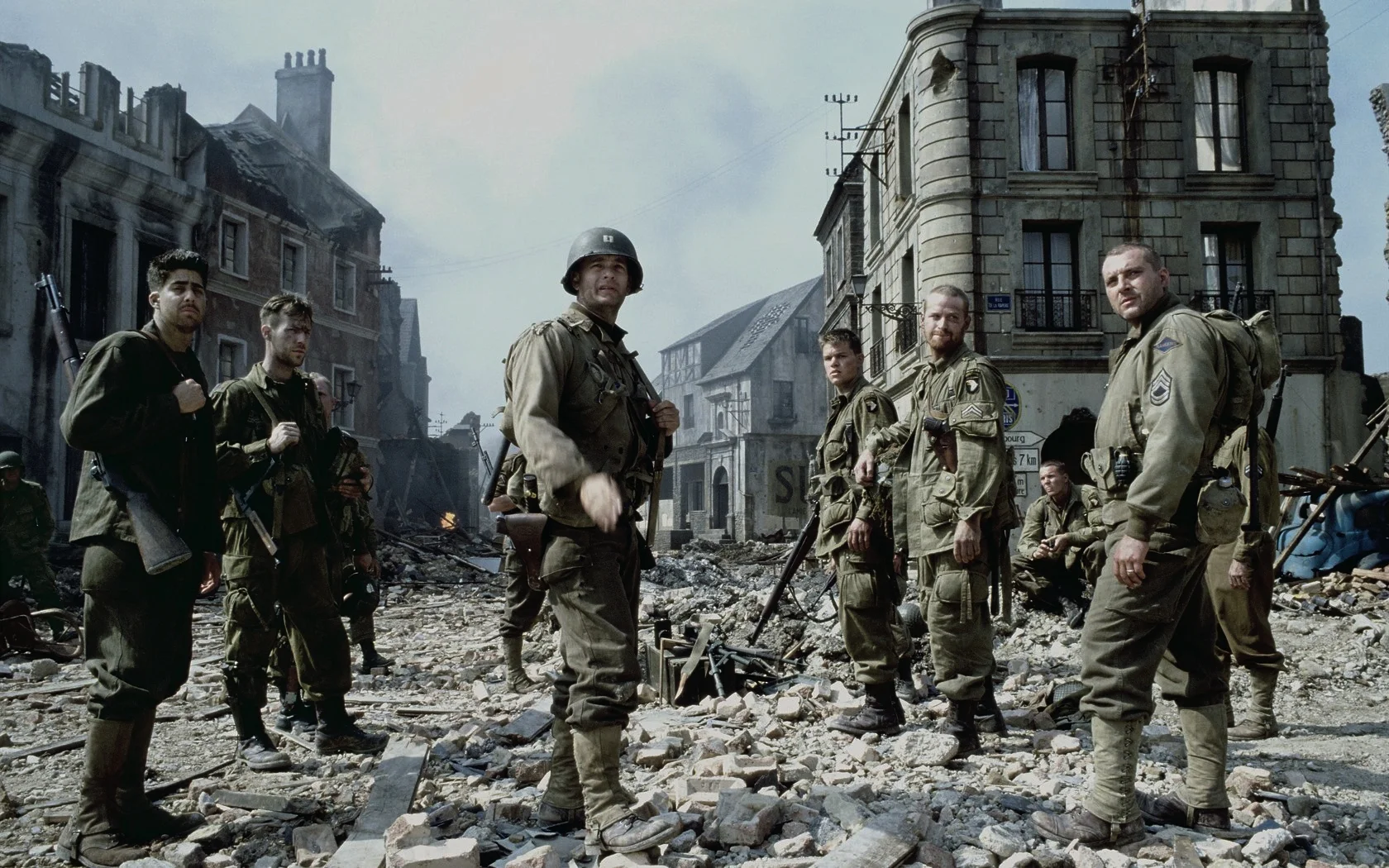Recently we reviewed Stanton S. Coerr’s (SSC) Rubicon: The Poetry of War on The Strategy Bridge (TSB). TSB also sat down with Coerr to learn more about him and to ask a few questions. Originally from North Carolina, Coerr grew up in a family of all women and attended school at Duke where he enrolled in the Naval Reserve Officers Training Corps (NROTC).
We Should All Carry Poetry (Part 1): #Reviewing Rubicon
War poetry has been on a decline. There is an abundance of literature about Afghanistan and Iraq and endless raw video footage. History has never been recorded more completely than today. In this world, however, no voice rises above the media-created noise to make us pause, breathe, think, or — for a moment — shiver. Imagine if one night, on prime-time, we got just two minutes to hear a poem such as Siegfried Sassoon’s “Suicide in the Trenches.”
Little Room for Hope: Russia’s Planned Decay is Being Well Documented
What’s most tragic for that desolate landscape called Russia is that its people, due to centuries of lies and indignity, have replaced hope with blind fealty. For us in the West, there is perhaps some room to be optimistic. Leading the commentary on all these affairs is this all-star cast of women journalists and political scientists that have powerful and influential opinions. Two of them — Gessen and Ioffe — are immigrants from Russia. Anna Politkovskaya, a brave and renowned Russian journalist would have joined them in offering her informed voice, but she was brutally killed for it in 2006.
Guardians of the Machine: #DEF2014 and the “Machinery of Government”
Richard Burdon Haldane, who chaired the committee that authored the “Machinery of Government,” knew that any initiative cannot be effective if it’s scripted and formulaic. In fact, he suggested that “practical efficacy will depend upon the zeal and discretion… the living forces whose spirit is essential to any form of government that is more than a machine.” For the second year in a row, DEF has proven that it has limitless zeal and discretion, or in this year’s lingua DEF, conviction.
Defense Industrial Base: A Personal Theory of Power and A Path to Achieving Political Objectives Independently
Russia’s European Designs: To Weaken, Not to Join
Current debate is focused on Russia’s actions in Crimea, the political crisis in Ukraine at large, or Western impotence. Russia’s long-term strategy is missing from the conversation. Perhaps Moscow does not have one, but that would be a foolish assumption. So what is motivating Russia to focus its attention on a tiny peninsula where some Russian speakers it could care less about reside?
Peacetime Restrains Strategy: R.B. Haldane and the Shortfalls of His Army Reforms
As the United States begins to formulate a new strategy for a post-Afghanistan era it should look back to this century-old calamity for perspicacity, not for similitude. British pre-war army reforms, implemented by Richard Burdon Haldane — Secretary of State for War (1905-1912) — and subsequently named after him, present another lesson from which strategists could analyze a familiar conundrum. Strategy is as vital in peace as it is in war, but peacetime restrains it. History provides invaluable insights into untangling this contradiction at a time of budgetary and political uncertainty.
Saving the Army from Unfair Bias: Anti-intellectualism, Bureaucracy, Marketing, and Society
The Army may have an “anti-intellectual” bias, but the arguments set forth to support this claim are incomplete. These issues cannot be taken lightly. Anti-intellectualism is a serious issue and a heavy accusation. The causes cited for it are perhaps more frightening than the problem itself. The assertion may be true, but it requires much more analysis to confirm.









